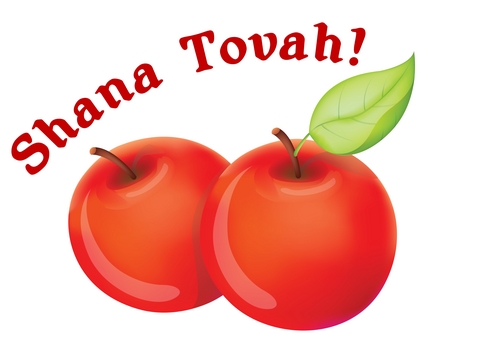A blessing in disguise.
In Parshat Ekev, Moshe tells the Jewish nation not to fear the 7 nations that await them in the Land of Canaan. They will be able to conquer these nations, since “G-d is in your midst – a great, mighty Power” (7:21). But if that’s true, then why does the next verse foretell that G-d will make these nations fall one by one “very slowly” (7:22)? Moshe reports that we will not be able to “finish them off” quickly. But why not? If G-d is with us, and He is fighting our battles with (and basically for) us, then why should the war not be fast and fierce, like the day when the whole Egyptian army drowned, within moments, in the Red Sea!? How is it positive, and even a blessing, that the downfall of the 7 nations in Canaan be a long, drawn-out and slow process? How is that an expression of G-d’s help?
Think: What would happen if the whole country was free of inhabitants in just one hour or day? What would the land look like and what might happen?
Chapter 7 verse 22 actually tells us that if G-d would clear the Land from all of our enemies in one day, wild animals would come out of the forests and inhabit the empty land. It would take us too long to build up and populate the whole country.
So G-d blesses us with a gradual take-over. In this way, we can slowly build each city, each area of the country – and not have it be overrun by wild animals.
This idea reminds us not only how G-d cares about us, but that sometimes what looks like G-d abandoning us or giving us a challenge is, in reality, a blessing or a gift. We need to remember that “what happens is for the best,” but sometimes we need to think hard and long about how the harsh reality we face may, in effect, be beneficial.
In this week’s parsha, Moshe makes very clear and explicit that what may look like an absence of G-d’s presence and help is really His ultimate chesed, kindness. Unfortunately, we aren’t always privy to the ways in which G-d works in our daily lives, but we must use this lesson as a guide and example for our own seemingly negative or pointless situations or struggles.
Discuss: think of your own examples of when something, at first glance, seemed like a lack of G-d’s providence – but after a little time or thought, you were able to see the blessing in it? As the Talmud reports, one Rabbi always used to say – “Gam zu l’tovah!” This, too, is for the best!







Leave A Comment